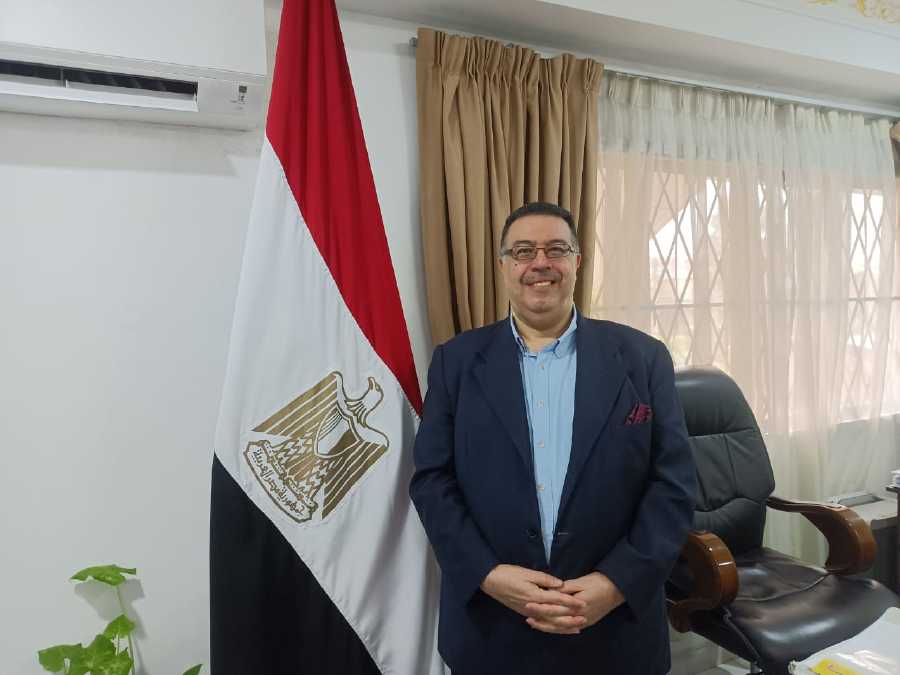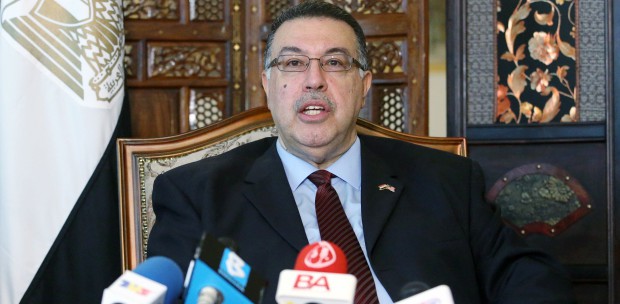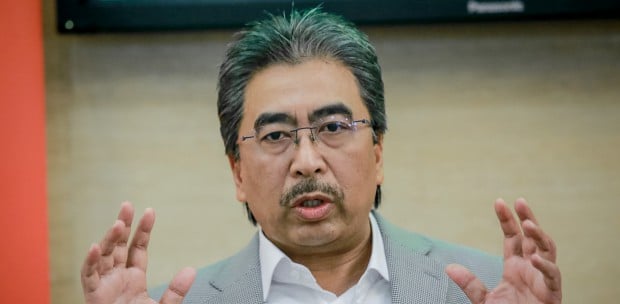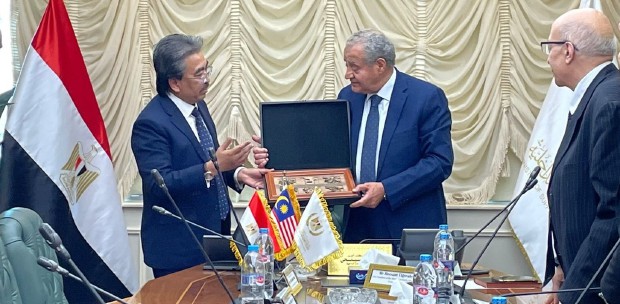KUALA LUMPUR: Malaysian palm oil leaders are welcomed to establish a hub in the Suez Canal Economic Zone to tap on the free trade agreements that Egypt has signed with its neighbours, Egyptian ambassador to Malaysia Ragai Tawfik Said Nasr said.
The Egyptian government has invited the Malaysian government and private sector to create a hub where the crude palm oil will be refined and distributed in Egypt and its neighbouring countries, he added.
Ragai Tawfik said the trade and investment between Malaysian businesses and counterparts in the Middle East, including South Africa will be facilitated by the strong network of FTAs that Egypt has signed with almost all of its neighbouring countries.
The FTAs include Greater Arab Free Trade Area (GAFTA), Egypt-Europe Union Free Trade Agreement, Common Market for Eastern and Southern Africa (Comesa) and African Continental Free Trade Area.
"This also includes the plan to serve the food industries in the SCZone that are dependent on palm oil as a manufacturing input. We had a long discussion with the Malaysian stakeholders, and we arranged site visits for a number of government officials and business leaders.
"We are hopeful that these efforts will succeed in the near future specially after the recent visit of Plantation and Commodities Minister Datuk Seri Johari Abdul Ghani to Egypt," Ragai Tawfik told Business Times in an exclusive interview.
In his visit to Egypt, Johari highlighted that Egypt can be the North African gateway for Malaysia to offer significant opportunities for creating higher-value products from palm derivatives in sectors such as pharmaceuticals, cosmetics, processed foods, personal care and consumer brands.
According to Malaysian Palm Oil Council (MPOC), Malaysian palm oil accounted for 51.9 per cent of the Egypt's imports as of January 2024, surpassing Indonesian imports at 48.1 per cent.
Given these factors, MPOC believed Malaysian palm oil exports are positioned to maintain their robust performance throughout 2024.
On the efforts to strengthen bilateral trade and investment ties with Malaysia, Ragai Tawfik said Egypt had organised a number of successful online events that highlighted the business opportunities it offer to overcome the the lack of regular physical meetings between business people from both countries.
"(We also) raised awareness of the incentives that the Egyptian government is granting for the investors specially within the Suez Canal Economic Zone to many Malaysian companies," he added.
Beyond palm oil business, he pointed out that automotive, green energy, information and communication technology (ICT) industries could potentially enhanced the trade relations between both countries.
"We see Malaysia as an inspiring economic and industrial model. We aim to develop a stronger strategic partnership, especially in areas such as the advanced technology manufacturing and the Industry 4.0 applications in the manufacturing sector as well as data centres and ICT sectors," he said.
According to Ragai Tawfik, Malaysian carmaker Proton Holdings Bhd is currently involved in supplying the parts and technical support needed to its business partners in Egypt to begin assembling Proton Saga there by September this year.
"In the ICT sector, we would like to position Egypt as a hub for data centers and cloud computing in the Middle East, North Africa (MENA) region. Malaysia has recently succeeded to attract the giants like Google to build data centres and we learnt that Microsoft also are attracted to work in the country.
"As for green energy, the focus is to attract wind and solar power companies to work in Egypt as this sector is well-established and receives Egyptian government support, plus we already enjoy the strong natural sun and wind sources of power," he said.
Ragai Tawfik also emphasised the urgent need to reactivate the Egypt and Malaysia business council where Malaysia need to appoint a chairman.
He stated that such move will enable the business council to play its pivotal role in proposing initiatives that can enhance trade and investment between the two countries.
"We are looking forward to attract attention of the business community in both countries to the non-traditional business cooperation and opportunities which includes joint ventures and long-term business plans," he added.





